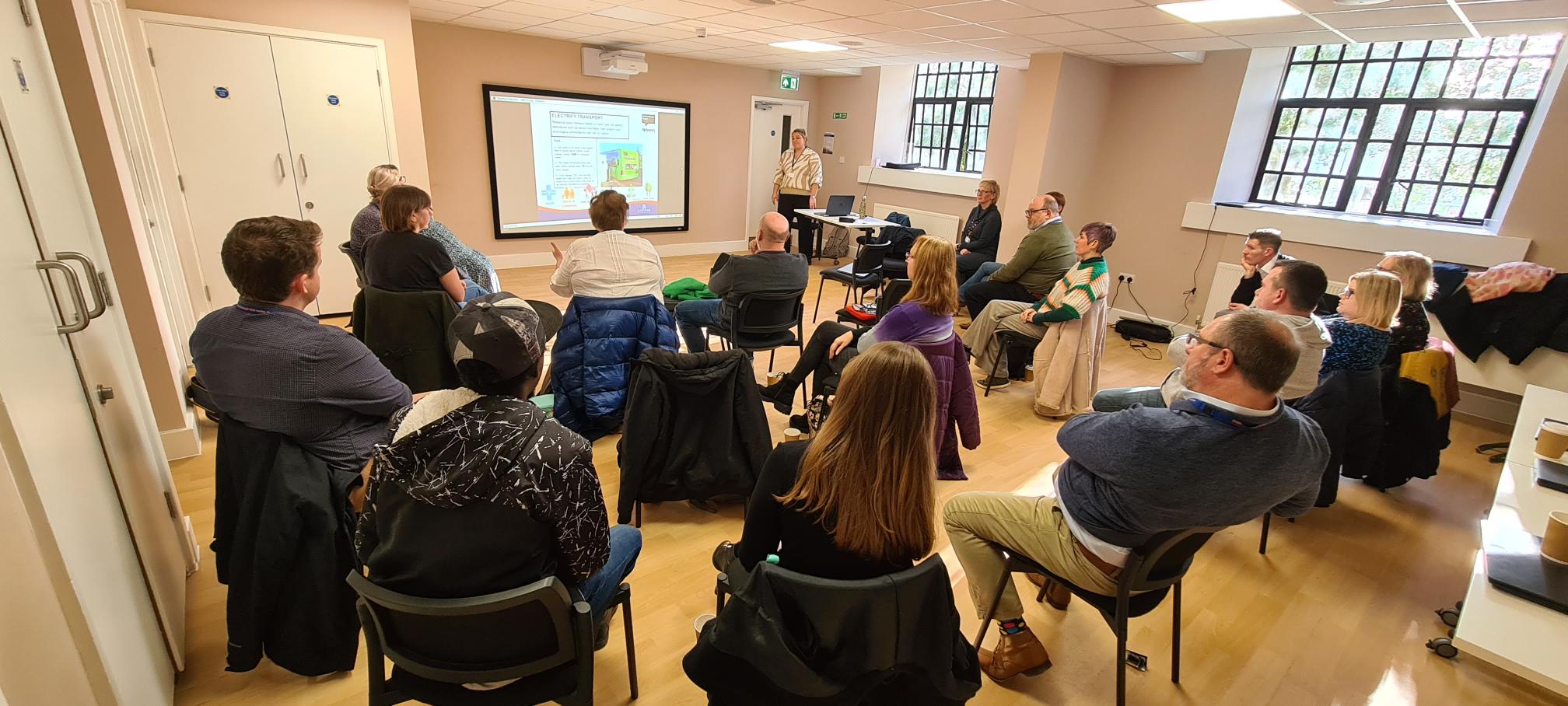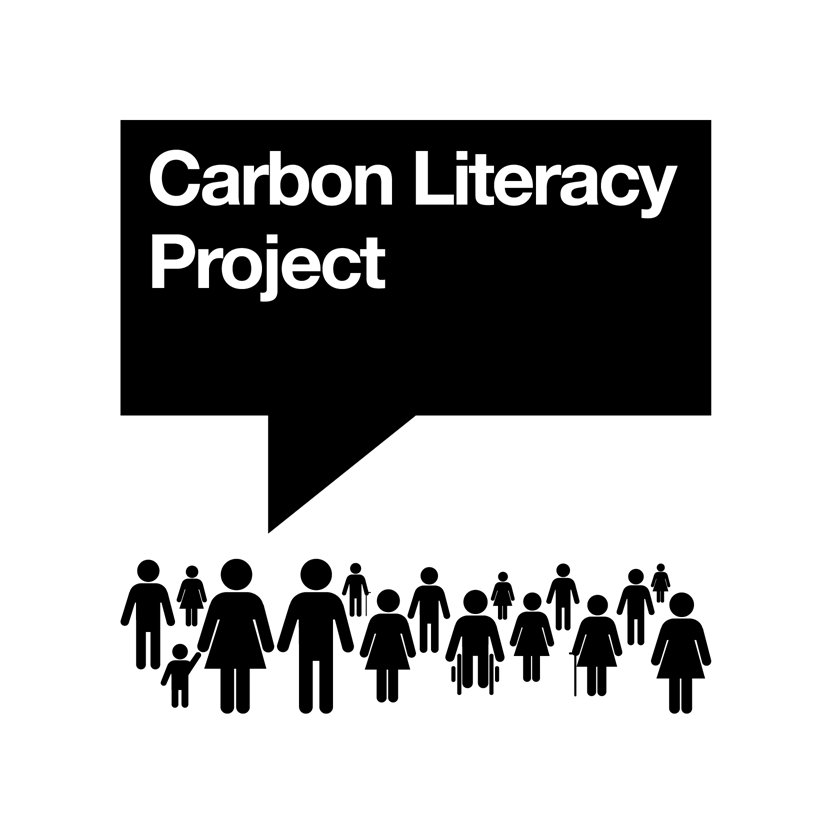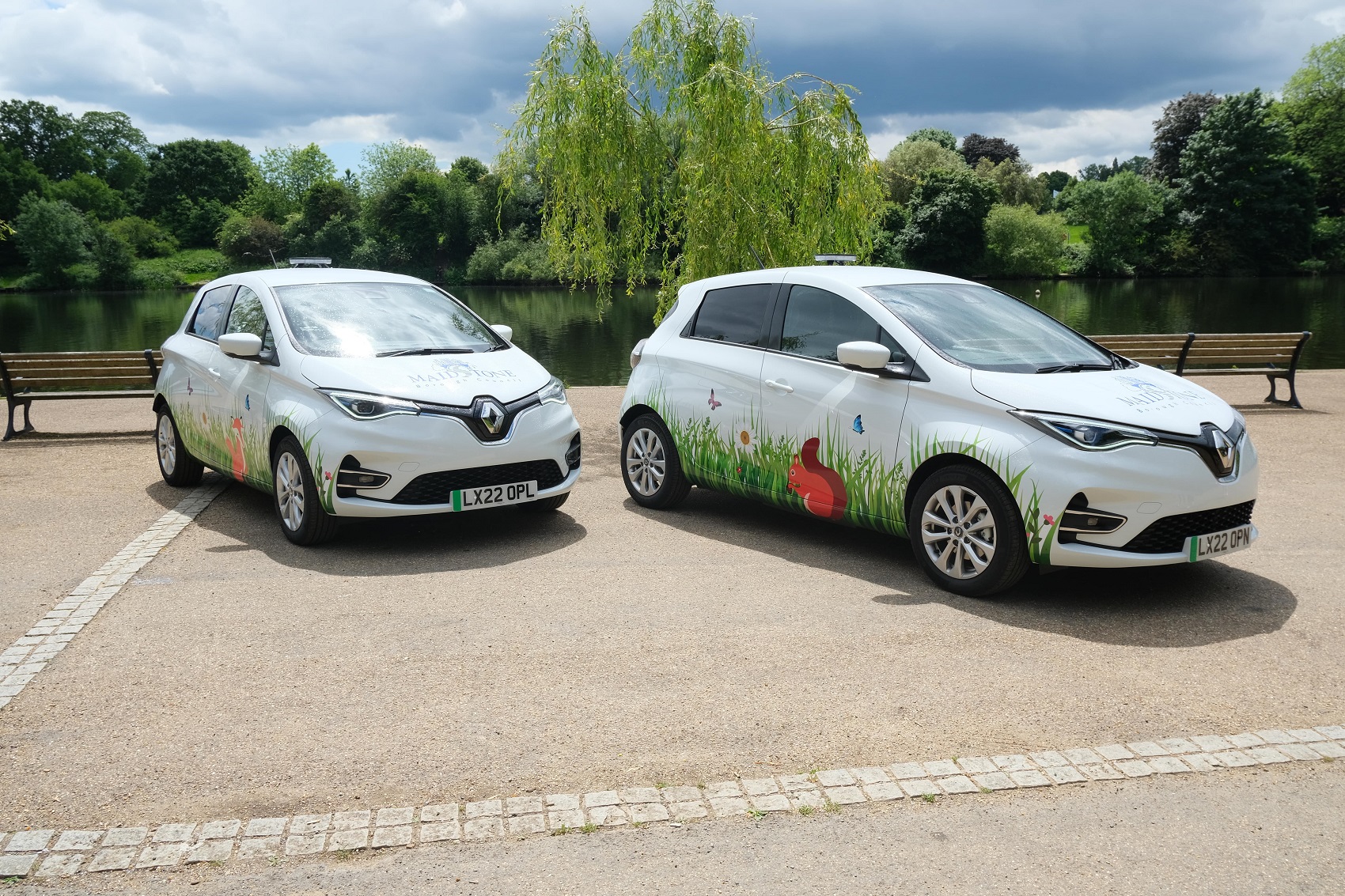Our Staff
Carbon Literacy Training
We recognise the role our staff have to play in tackling climate change and meeting our ambitious targets of becoming Net Zero by 2030. To help meet these targets, we have committed to a programme of Carbon Literacy. We are working with the Carbon Literacy Project to train officers on sustainability, climate change, carbon footprints and our net zero ambition. To date, 59 staff have taken part in Carbon Literacy Training.
We have received very positive feedback from our staff who attended the training day: "I have a much clearer understanding of the issues surrounding the climate emergency, and what some of the key contributors are. This will help me to identify areas in which I can influence a more sustainable approach in my job role."
Alongside Carbon Literacy training, we have introduced a compulsory e-learning module on the climate and ecological emergency. We aim for all current and new staff to be trained so they understand the importance of addressing climate change and protecting biodiversity in their roles.

Carbon Literacy is defined as: “An awareness of the carbon dioxide costs and impacts of everyday activities, and the ability and motivation to reduce emissions, on an individual, community and organisational basis.”
The Carbon Literacy Project is based on the key aim that if we are to cut our carbon emissions by the kind of reductions demanded of us by science, then we will need to change culture alongside technology. The Carbon Literacy Project offers everyone a day’s worth of Carbon Literacy learning, covering climate change, carbon footprints, how you can do your bit, and why it’s relevant to you and your audience. So far over 51,032 individuals from 4,070 organisations have been certified as Carbon Literate.

Staff Travel
We want to encourage our staff to use active and sustainable forms of travel and our aim is to support staff to walk, run or cycle to work.
At the end of 2022 we ran our first annual Staff Travel Survey to find out how our staff are travelling to and from work. The results will help us to calculate our staff travel carbon footprint, understand the change in travel habits before and after the pandemic, and inform the future of the active travel engagement within Maidstone Borough Council.
Alongside our annual Staff Travel Survey we have introduced a travel hierarchy, encouraging staff to use active and sustainable forms of transport whilst travelling during work hours. As part of this initiative, new electric pool cars have been made available from our main offices, Maidstone House, and our Depot. These electric pool cars will allow staff to chose a more sustainable alternative to their own cars when travelling during work hours.
